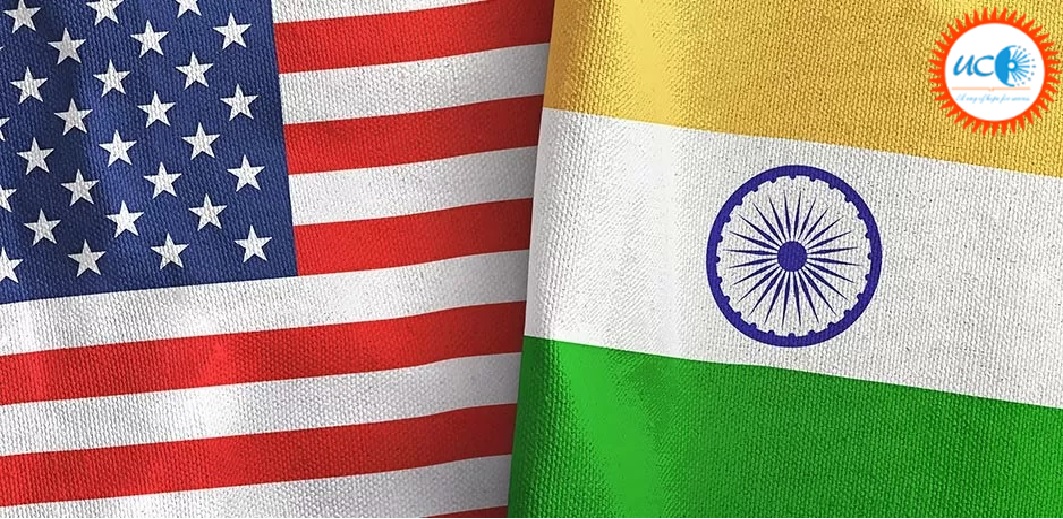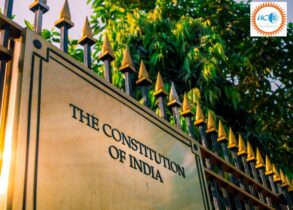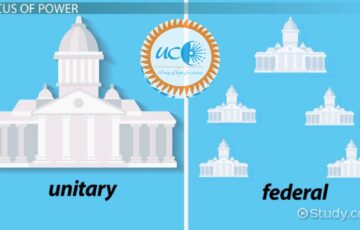India and USA are the two large democracies. Examine the basic tenets on which the two political systems are based.
Answer: India and USA are the two large representative democracies in the world. In USA, democracy got its full swing with the drafting of the US Constitution in 1789 while the democracy in India is partially a result of British rule followed by the enforcement of the new, modern and living constitution, framed after Independence.
The basic tenets on which the two political systems based are:
Rule of Law and Republicanism: Both, the countries have written constitutions ensuring rule of law and guaranteeing fundamental rights to their citizens. Both the countries are republican in nature and provide adult franchise to the citizens.
Separation of Powers: In USA, there is a clear-cut separation of powers between judiciary, executive and legislature while the same is not observed exactly in India, as there is fusion between executive and legislature.
Federal System: India is a federal parliamentary democratic republic in which the President of India is the head of state and the Prime Minister is the head of government whereas the United States is a federal presidential republic in which the President is the head of the state and of the government as well. As per Article 1, India is a “Union of states” which implies that Indian federation is not the result of an agreement among the states unlike USA whose federation is result of agreement among the states. However, Indian federalism has more features of unitary form of government than that of the US.
Independent Judiciary: Both the political systems provide for an independent judiciary to interpret the constitution and enforce the law. However, in India single system of courts enforces both the central laws as well as the state laws but in USA, the federal laws are enforced by the federal judiciary and the state laws are enforced by the state judiciary.
Party System: US has bi-party system while India has multi-party system.
Though the US and Indian political systems are similar in many respects, yet they are the product of their unique history and socio-economic milieu, and varying political culture. However, they should cooperate with each other on many fronts to provide a hope to the humanity which is facing numerous challenges.









